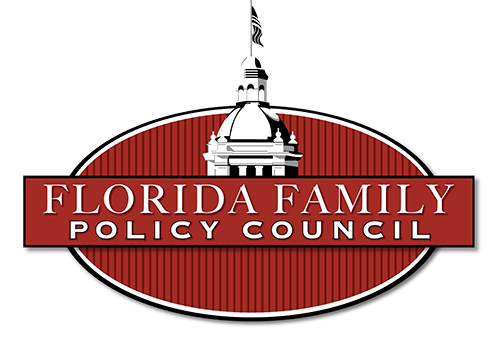The Florida Constitution has become a laughingstock and should be taken more seriously. Our state’s most important and fundamental legal document addresses everything from legitimate, fundamental human rights to the highly questionable regulation of pregnant pigs and fishing nets.
In short, the Florida Constitution is bloated. The average state constitution has approximately 26,000 words; Florida’s Constitution has more than 44,000 words. The U.S. Constitution has only 8,770 words.
It is clear that state constitutions have a broader purpose than the U.S. Constitution. This is true in part because the federal Constitution limits its own scope by the 10th Amendment that states “powers not delegated to the U.S. by the Constitution are reserved to the states.
However, just because state constitutions are broader in scope than the U.S. Constitution does not mean state constitutions should be unlimited in scope. Florida’s Constitution was not intended to be a collection of policy issues and regulatory rules; it has a much higher purpose.
Some states have “statute referendums,” where citizens by a direct statewide vote can place new laws into state statutes. A state statute referendum was one of the many ideas submitted by the public to the Constitutional Revision Commission, but no commissioners adopted it or put it forth.
As a member of the CRC, I argued that one of four objective criteria should be met for an idea to qualify as an appropriate topic for an amendment. If the idea satisfies at least one of these threshold criteria, only then should a policy analysis take place as to whether the idea is a good one. The threshold questions:
1. Does it set forth a fundamental right?
2. Does it establish the structure of government?
3. Does it limit the powers of government?
4. Does it amend a provision already set forth in the Constitution
Some began calling this the “Stemberger Test.” It is a test, but it is certainly not something I invented or that is unique to me. Former Florida Supreme Court Justices Major B. Harding and Kenneth Bell also have written on the same topics, arguing for very similar criteria for the CRC to consider. The principles behind these criteria simply stem from the nature of our form of government.
Conservatives almost exclusively refer to our form of government as a “republic.” Those left-leaning almost exclusively call our government a “democracy.” So, which is it?
The truth is, it’s both.
We are a representative democracy that operates within a constitutional republic form of government. We vote for and elect legislators who represent us by voting on bills which become law, on our behalf.
Our state Constitution is the document that gives Florida a republican form of government. Constitutions, by their very nature, restrict the power of the “state” to interfere with the rights of the people, thereby protecting them from government interference.
The primary difference between a republic and a democracy is that in a democracy the law rules the people, but in a republic the law rules the rulers. This is a critical distinction, and the Constitution is the supreme law of the land that “rules the rulers.”
The clearest example of this is illustrated in the opening words of the First Amendment to the U.S. Constitution. It famously announces, “Congress shall make no law …” In other words, government keep your hands off of the following rights and human liberties that belong to the people.
This notion of one greater law that rules the rulers is a revolutionary idea in the course of human history and one that must be vigorously protected.
Therefore, constitutions were never intended to be vehicles to hold ordinary public policy ideas.
In a sense, not all laws are created equal. Local zoning ordinances are different than state statutes, which are different than constitutional rights. You would not protect fundamental rights in a zoning code any more than you would regulate the size of roofing nails in the constitution.
But that’s precisely what has been done, to some extent, in Florida’s state Constitution. The document that was designed to be the supreme law of the land has in some areas been relegated to mere mob-rule depository for any policy or regulation usually found in ordinary law.
Florida voters are the ultimate guardians of our Florida Constitution. Whether we end up with document that’s a wily patchwork of random regulations, or one that enshrines the most fundamental rights in our state, rests in their hands.
John Stemberger is a civil trial lawyer and conservative leader from Orlando and a member of the 2017-18 Florida Constitution Revision Commission.
